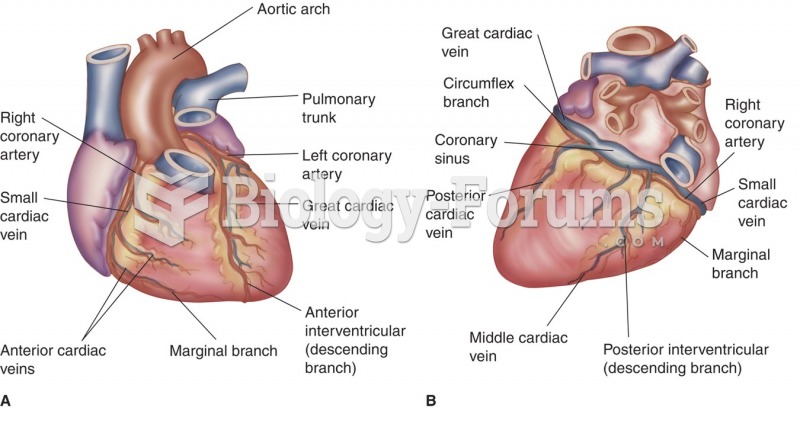|
|
|
Did you know?
Pubic lice (crabs) are usually spread through sexual contact. You cannot catch them by using a public toilet.
Did you know?
The use of salicylates dates back 2,500 years to Hippocrates’s recommendation of willow bark (from which a salicylate is derived) as an aid to the pains of childbirth. However, overdosage of salicylates can harm body fluids, electrolytes, the CNS, the GI tract, the ears, the lungs, the blood, the liver, and the kidneys and cause coma or death.
Did you know?
There are approximately 3 million unintended pregnancies in the United States each year.
Did you know?
Women are 50% to 75% more likely than men to experience an adverse drug reaction.
Did you know?
In 1864, the first barbiturate (barbituric acid) was synthesized.







